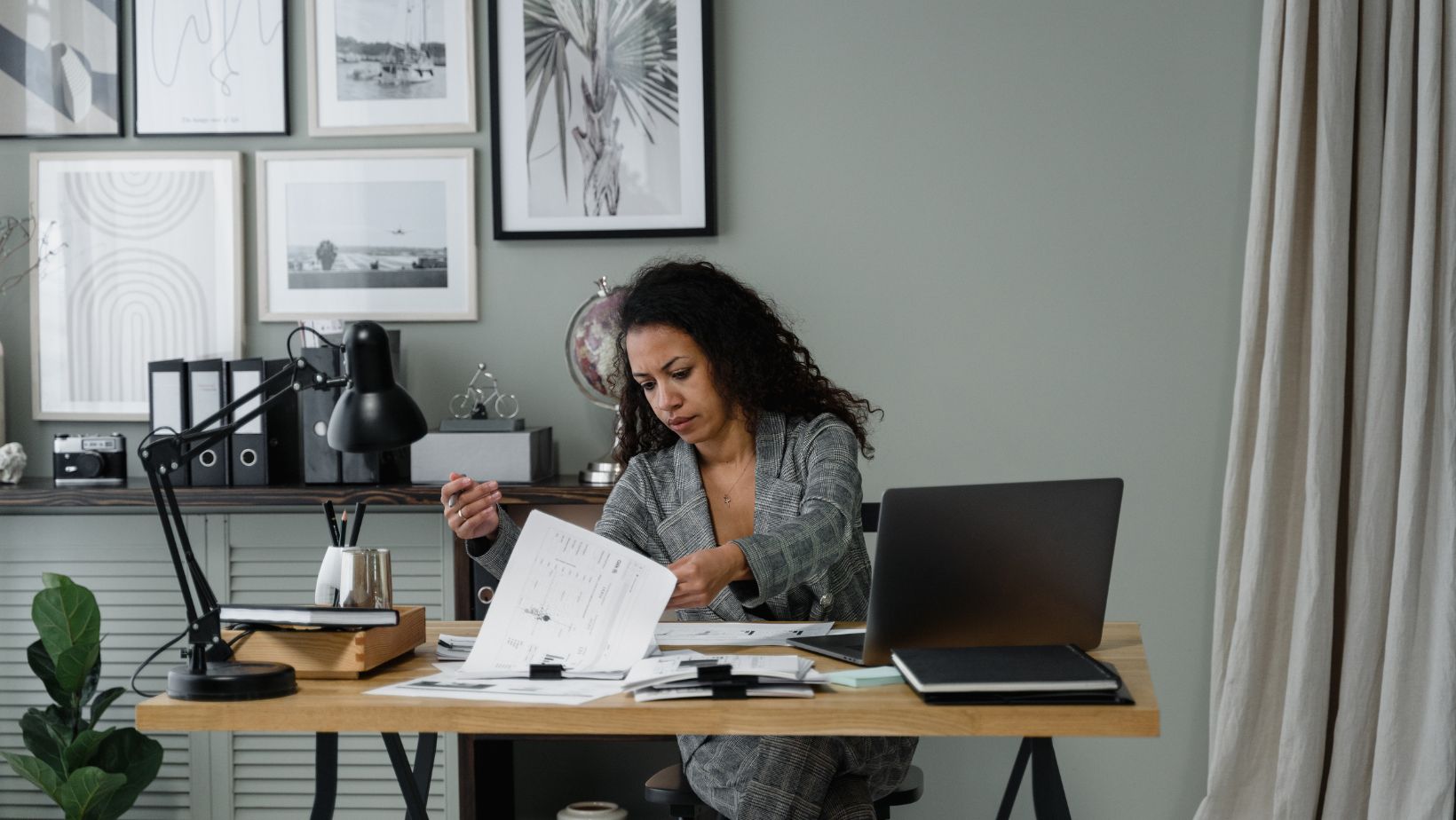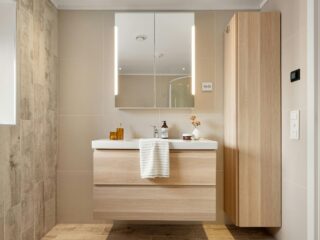
Your workspace isn’t just a physical area where you complete tasks; it also reflects your mindset and work habits. The layout of your office desk, in particular, can significantly impact your work mindset, productivity, and overall well-being. Understanding the psychology behind your workspace arrangement can empower you to create an environment that enhances your performance and mental clarity. In this article, we’ll delve into the psychology of your desk and explore how its layout influences your work mindset.
The Power of Environment
Your environment profoundly affects your thoughts, emotions, and behaviors. Just as the layout of a room can influence your mood, the arrangement of your office desk can shape your work mindset. Your desk’s psychology considers factors such as organization, accessibility, personalization, and ergonomic considerations.
Organization and Clutter
A cluttered and disorganized desk can lead to a cluttered mind. Studies have shown that a chaotic workspace can increase stress levels and reduce cognitive function. When cluttered with papers, files, and miscellaneous items, your desk can create a sense of overwhelm and hinder your ability to focus on essential tasks.
Tip: Regularly declutter your desk by removing unnecessary items and organizing your materials. Use storage solutions to keep things neatly tucked away.
Accessibility and Efficiency
The layout of your desk can impact how efficiently you work. When essential items are within easy reach, you’re less likely to experience interruptions or lose focus while searching for things. Accessibility promotes a smooth workflow and minimizes distractions.
Tip: Arrange your frequently used items, such as pens, notebooks, and reference materials, in a way that allows you to access them effortlessly.
Personalization and Ownership
Adding a personal touch to your workspace can foster a sense of ownership and belonging. Decorative elements, family photos, and sentimental items can create a positive emotional connection to your desk.
Tip: Incorporate personal items that inspire you and make you feel more connected to your work environment. However, avoid overloading your desk with excessive decorations that may lead to clutter.
Ergonomics and Well-Being
The ergonomic design of your desk can significantly impact your physical comfort and overall well-being. A desk that is not ergonomically designed may lead to discomfort, strain, and even long-term health issues.
Tip: Invest in an ergonomic office chair and ensure that your desk is at the right height to prevent strain on your neck, shoulders, and wrists.
The Role of Layout in Mindset
- Open vs. Enclosed Desks: Your desk layout can influence your level of privacy and interaction with others. An open desk arrangement encourages collaboration and social interaction, benefiting creative brainstorming and teamwork. On the other hand, an enclosed desk provides a sense of personal space and privacy, allowing for focused work without distractions.
- Facing vs. Not Facing the Door: Some individuals prefer to meet at the entrance of their workspace, as it gives them a sense of control and awareness of who is entering. Others may choose not to meet the door, as it allows for greater focus and seclusion.
- Minimalism vs. Personalization: The personalization you incorporate into your desk’s layout can influence your mindset. A minimalist and clutter-free desk can promote a clear and focused attitude. On the other hand, a desk adorned with personal items can create a sense of comfort and familiarity.
Creating Your Ideal Work Mindset
To harness the psychology of your desk for optimal productivity and well-being, consider the following tips:
- Assess Your Needs: Reflect on your work habits, preferences, and tasks. Determine what type of layout supports your most productive mindset.
- Prioritize Ergonomics: Invest in ergonomic furniture and ensure your desk is designed to promote physical comfort and well-being.
- Personalize with Purpose: Personalize your desk with items that have positive emotional significance. However, avoid excessive clutter that may hinder your focus.
- Organize Regularly: Set aside time to declutter and organize your desk to maintain a clean and efficient workspace.
- Consider Your Role: Consider the nature of your work and your role within the organization. Is collaboration an essential aspect of your job, or do you require more focus and concentration?
- Adapt and Experiment: Feel free to experiment with different desk layouts to discover what works best for you. Your ideal work mindset may evolve.
Conclusion
In conclusion, the psychology of your desk is a dynamic interplay between your physical environment and your mental state. By understanding the impact of organization, accessibility, personalization, and ergonomics, you can create a workspace that aligns with your work mindset goals. Whether you thrive in an open and collaborative space or prefer a private and minimalistic setup, your desk layout can enhance your productivity, creativity, and overall work satisfaction.







